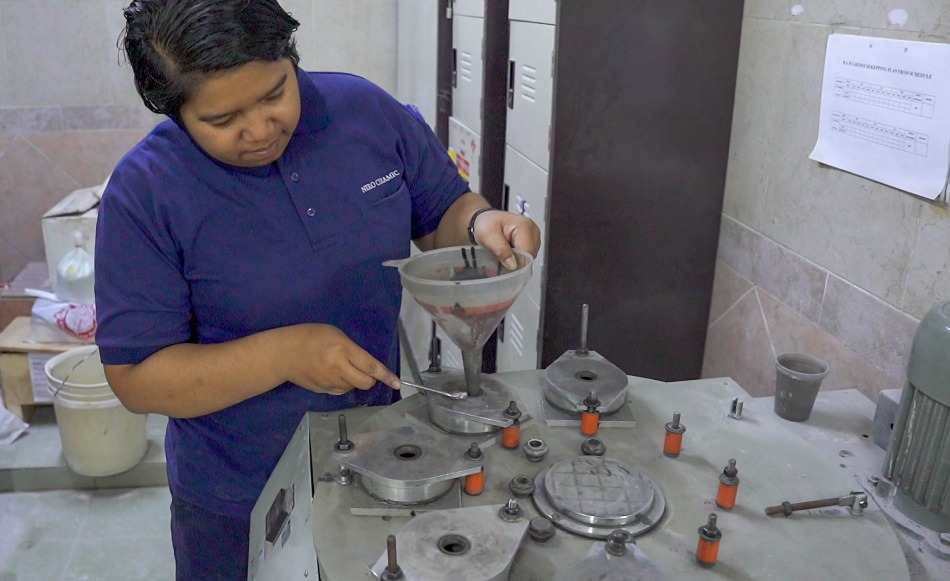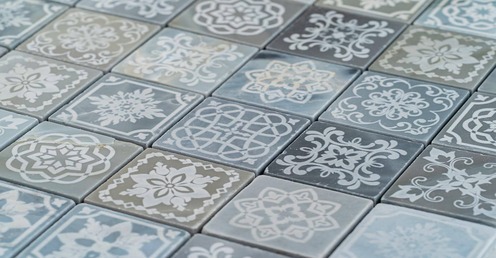Navigating the Tile Landscape: Understanding Ratings and Certifications Exploring the realm of tiles can be overwhelming, particularly when it comes to grasping the subtleties of various ratings and certifications. One key system to be aware of is the Porcelain Enamel Institute (PEI) rating, which is essential for assessing the durability and abrasion resistance of ceramic and porcelain tiles. By familiarizing yourself with PEI ratings, you can make well-informed choices regarding which tiles best suit your unique needs and intended applications.
Understanding PEI Ratings: A Guide to Tile Durability
The PEI rating system, developed by the Porcelain Enamel Institute (PEI), acts as a benchmark for assessing the durability of both ceramic and porcelain tiles. This rating is determined through a standardized abrasion test that evaluates a tile’s resilience to wear and tear resulting from foot traffic.
Understanding the Connection Between PEI Ratings and Tile Abrasion Resistance
The PEI test is performed using a device known as the Abrasimeter. In this process, the tile surface is exposed to a rotating abrasive load made up of various sizes of steel ball bearings and alumina powder, a material renowned for its hardness. This mixture is placed in a test chamber and spun at a designated number of revolutions. After the test, the sample is examined for any visible signs of wear. The number of revolutions completed before these signs appear determines the tile’s PEI rating.















